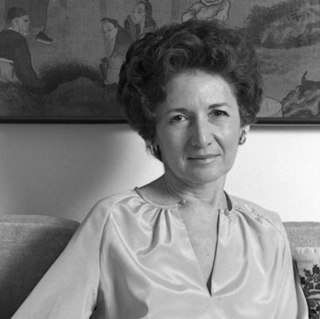A Quote by Billy Graham
The number one problem in our world is alienation, rich versus poor, black versus white, labor versus management, conservative versus liberal, East versus West . . . But Christ came to bring about reconciliation and peace.
Related Quotes
Whether we're talking about what the role of the government is, what you think of the United Nations, political leaders or how to respond to [Hurricane] Katrina and whether it had anything to do with race, across a wide variety of issues we see differences between mainstream black and white American opinion that dwarfs anything in American public opinion, period. Democrat versus Republican, men versus women, conservative versus liberal, the black/white divide is the biggest, one of the biggest in the world, and certainly the largest gap in the United States.
I wholeheartedly believe that we can't organize just as women. There has to be specific messaging and an issue prioritization based on identity groups. Because when you ask a black woman what her top priority issues are versus a white woman versus a Muslim woman versus an undocumented woman, you're going to get... different answers.
What made traditional economies so radically different and so very fundamentally dangerous to Western economies were the traditional principles of prosperity of Creation versus scarcity of resources, of sharing and distribution versus accumulation and greed, of kinship usage rights versus individual exclusive ownership rights, and of sustainability versus growth.
The perennial architectural debate has always been, and will continue to be, about art versus use, visions versus pragmatism, aesthetics versus social responsibility. In the end, these unavoidable conflicts provide architecture's essential and productive tensions; the tragedy is that so little of it rises above the level imposed by compromise, and that this is the only work most of us see and know.
Independent of the critique I'm making, I'm just trying to paint a more comprehensive portrait of American religion than you get from a right versus left, religious conservatives versus secular liberal, believer versus atheist, binary. Too often, we just look at religion in America through that kind of either/or lens. I think it's much more complicated than that.
Good design today requires more vision (a larger point of view versus the single brilliant idea), more consistency (a deeper underlying structure of language and form versus the simple, uniform application of visual elements) and more patience (persistence over time versus creative authoritarianism).
Once we accept violence as an adaptation, it makes sense that its expression is calibrated to the environment. The same individual will behave differently if he comes of age in Detroit, Mich., versus Windsor, Ontario; in New York in the 1980s versus New York now; in a culture of honor versus a culture of dignity.





































